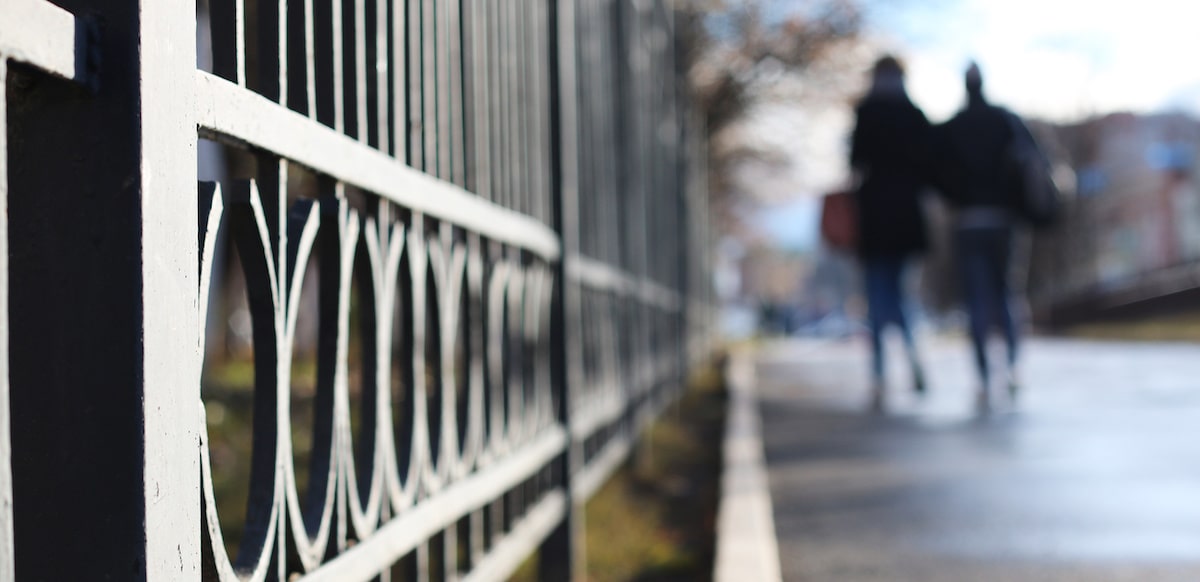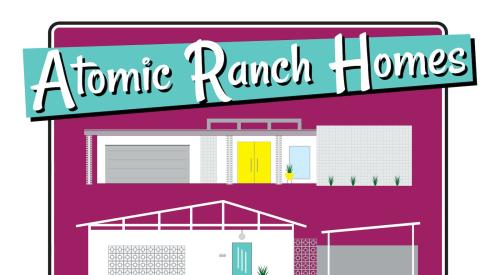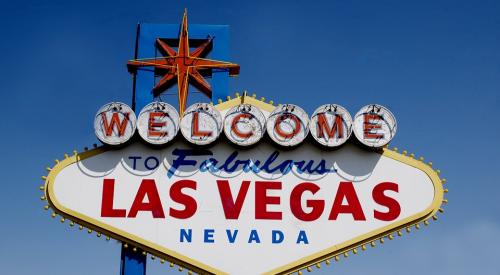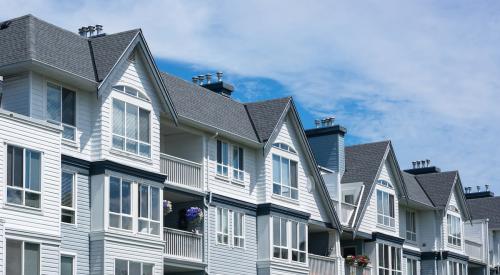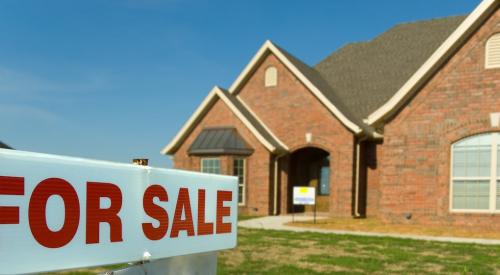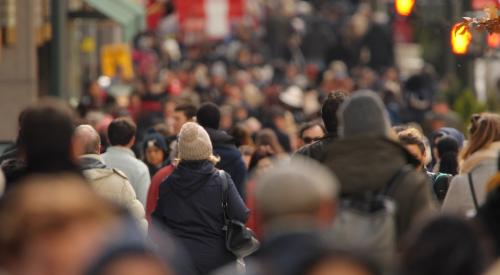From 1980 to 2015, homes in white neighborhoods were appreciated at twice the rate of homes in predominantly Black neighborhoods with no objective differences in community amenities, crime rates, or poverty levels, The New York Times reports. A marginalized housing market is leaving Black homeowners with undervalued homes, even in prime real estate locations.
In areas like southeast Memphis, the benefits of homeownership are not guaranteed equally across race. Black homeowners are met with property limitations and depreciated homes while those searching for homes are unable to buy properties without inherently adopting risks associated with low market investment.
Owner-occupied homes in predominantly African American neighborhoods are worth, on average, half as much as those in neighborhoods with no Black residents, according to a 2018 Brookings Institution and Gallup report that examined metropolitan areas.
And these discrepancies cannot fully be explained by objective differences, such as crime rate, poverty levels and neighborhood amenities, according to Andre M. Perry, who co-wrote the Brookings study and wrote a book on the subject, “Know Your Price: Valuing Black Lives and Property in America’s Black Cities.”
Too often, Perry said, we ignore policy choices and patterns of disinvestment, placing the blame for a neighborhood’s conditions on the people who live there. “Black people are not broken, our homes are not broken, but they are devalued,” Perry says. “If we can change the narrative that the condition of Black homes is the result of individual decisions, then we can actually get to policy to solve problems.”
